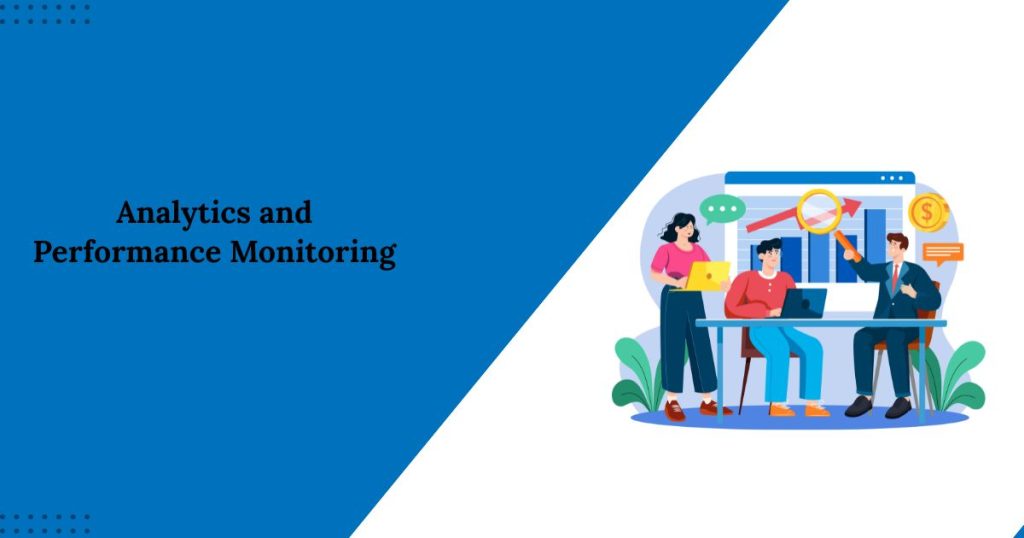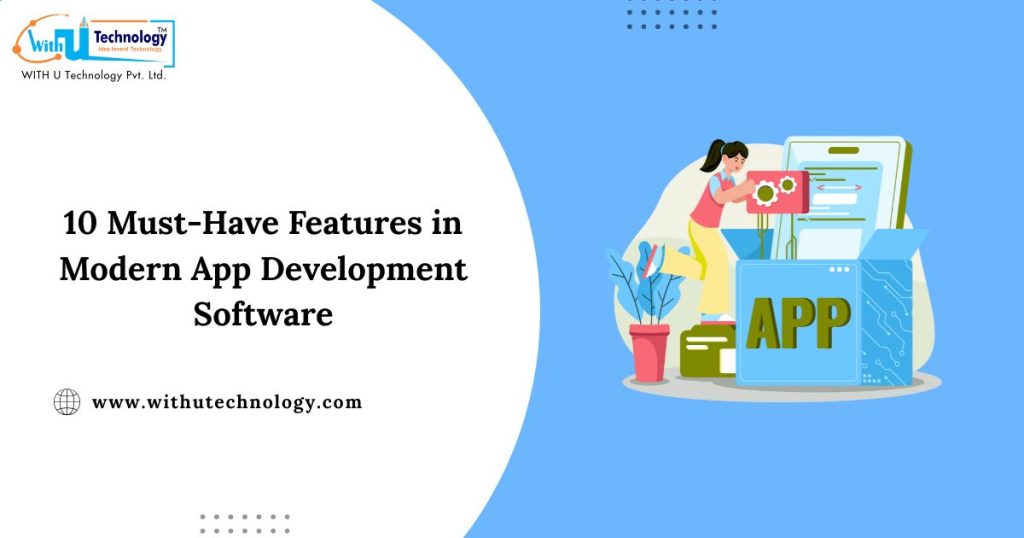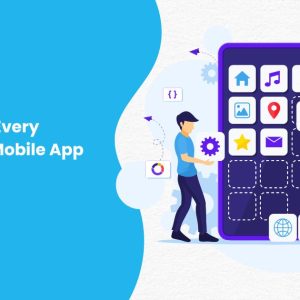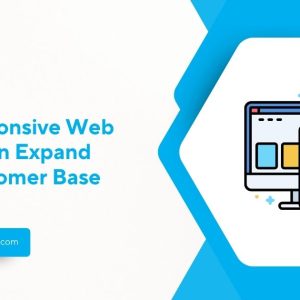Over the past decade, mobile and web app development has evolved drastically and 2025 promises even faster changes. Users expect better experiences, faster performance, and tighter security – meaning developers need reliable software tools that can meet these expectations.
Modern app development software goes far beyond writing code; it entails streamlining workflows, facilitating collaboration among team members, scaling seamlessly, and producing exceptional digital products across multiple platforms.
What makes today’s app development software truly stand out?
Let’s review the 10 essential features every modern app development platform or tool should provide to ensure productivity, performance, and success in app development projects.
1. Cross-Platform Compatibility
Gone are the days when businesses had to develop separate apps for iOS and Android. Now, with cross-platform development tools available, businesses can build one application that can run across platforms such as Android, iOS, web.
and even desktops.
Why it Matters:
Accelerates time and development cost savings
User experience consistency.
Reduces maintenance complexity
Frameworks such as Flutter and React Native have raised the bar in this space, and all modern app development software should support similar capabilities.
2. Drag-and-Drop UI Builders
Speed is of the utmost importance during the prototyping and design stages of app development, which is why an ideal app development tool should include an intuitive drag-and-drop interface builder to assist developers and designers in quickly creating functional UI layouts without writing extensive code.
Benefits include faster mockups and iteration times
Non-technical team members find the experience more accessible.
Design-to-development handoff made simpler
Even for experienced coders, visual user interface editors can help speed up repetitive layout tasks and test design variations efficiently.
3. Real-Time Preview and Hot Reload

Modern developers expect instant feedback during the coding process. Thanks to real-time preview and hot reload capabilities, changes made in code appear immediately in an application, saving hours from rebuilding and relaunching processes.
Key benefits:
Faster testing of UI/UX changes
Immediate bug fixes increase team collaboration during development.
Tools like Flutter’s Hot Reload or Expo for React Native provide an unparalleled development experience and should now become standard across modern platforms.
4. Built-In Version Control Integration
Any app development software worth using should seamlessly integrate with Git and similar version control systems, making it simpler for you to keep track of changes, collaborate with team members, and manage codebases.
Why it is essential: Safe code backup and history tracking
Enable collaborative development by providing access to tools.
Rollback issues become simpler.
Even solo developers benefit from consistent versioning practices — integrated functionality is no longer optional; it should be expected.
5. API Integration and Management Tools
Modern apps rely on third-party services for payment gateways, geolocation services, and data storage; therefore, support for effortless API integration and testing is absolutely essential.
Search for features such as API testing tools (such as Postman-style utilities).
Automatic Data Binding
Prebuilt plugins for common services (Firebase, Stripe, etc.) ensure seamless data binding capabilities.
Integration of APIs more quickly and smoothly results in enhanced app performance and reduced development time.
6. Scalable Backend Integration (BaaS Support)
App development goes far beyond user experiences – its true power lies within its backend. A reliable app development platform should offer Backend-as-a-Service (BaaS) or integrate seamlessly with cloud platforms like Firebase, AWS Amplify, or Supabase to deliver exceptional backend development capabilities.
Included among the must-have backend capabilities are
Real-time database support
Modern apps rely on secure, flexible backend systems with user authentication capabilities for user login, cloud storage, and serverless functions for seamless deployment and expansion. The simpler integration becomes, the quicker an app can launch and expand rapidly.
7. Built-in Testing and Debugging Tools
Testing an app thoroughly is key to creating reliable apps. Modern development software should include an array of testing and debugging tools – including unit tests, user interface (UI) tests, performance monitoring, and crash reporting features – that provide users with comprehensive coverage during development.
Essential testing features:
Emulator or simulator support
Integrate tools like Sentry or Firebase Crashlytics
Automation frameworks designed to support ongoing testing are becoming increasingly available.
At its heart lies one objective: providing an enjoyable user experience before any issues even surface.
8. Analytics and Performance Monitoring

What happens once your app goes live? Analytics and performance monitoring come into play here. Your development software should assist in gathering information on how users interact with it as well as its effectiveness over time.
Key features of analytic features:
Tracking User Behavior SESSION LENGTHS AND RETENTION
Performance Bottleneck Detected in Crash Report.
By understanding what works (and doesn’t), you can iterate quickly and make informed product decisions.
9. Cloud-Based Collaboration and Project Management
Modern Android app development company often relies on distributed teams and agile processes, making collaboration, task assignment, code sharing, and possibly live co-editing essential features of any successful app. Your software must allow real-time collaboration for task assignment, code sharing, and real co-editing as part of its core functionality.
Ideal collaborative features:
Cloud Project Synchronization with Integrated Task Boards or Kanban Views
Commenting and code reviews.
Platforms like GitHub Codespaces, Figma, and Notion demonstrate just how seamless collaboration via the cloud can be; app development software should follow suit.
10. CI/CD Pipeline Support
Speed to market is of utmost importance, and Continuous Integration/Continuous Deployment (CI/CD) tools provide invaluable assistance with automating this process. From bug fixes and updates to running tests and performing other essential duties, CI/CD support should never be underestimated or taken for granted.
Search Integrations of:
Bitrise, Codemagic, and Jenkins offer automated solutions that streamline build, test, and deployment stages so your teams can spend less time performing manual tasks and more time working on innovation.
Wrapping Up
Cross-platform support with drag-and-drop UI builders that support hot reload and real-time previews
Take steps to maintain the integration.
Easy API Management, Backend and BaaS support, Built-in testing tools, analytics, and performance tracking all contribute to seamless management.
Cloud collaboration offers numerous advantages.
Capabilities for Continuous Integration/Continuous Deployment Pipeline.







